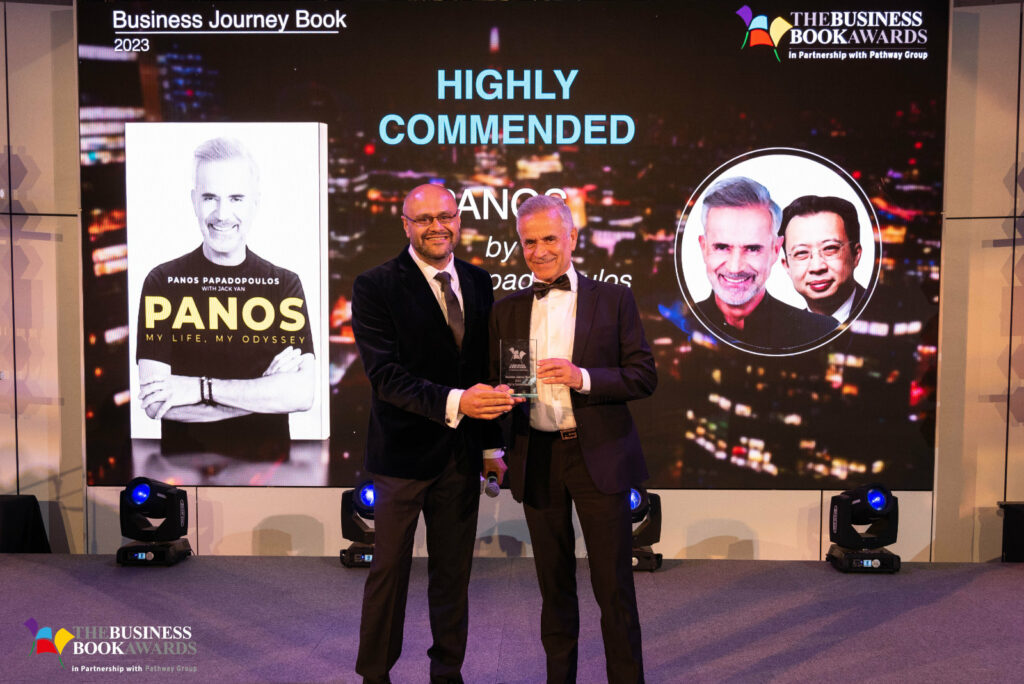I was thrilled to read this review about Panos: My Life, My Odyssey from Nikolas Venios, founder of the Ideas Agency in Gloucester. From his Linkedin (with his full post embedded using Linkedin’s own code at the end): Panos Papadopoulos has written one of the best business/strategy/life/creativity books I have ever read (and I […]
Read More… from Panos: My Life, My Odyssey in illustrious company
